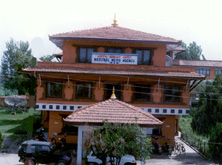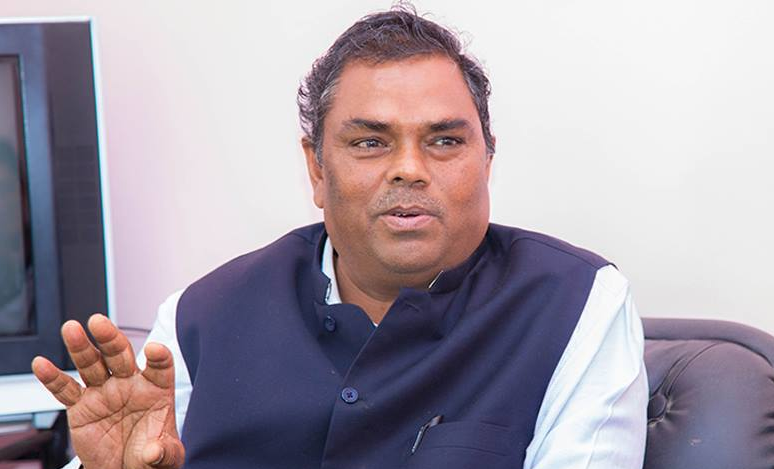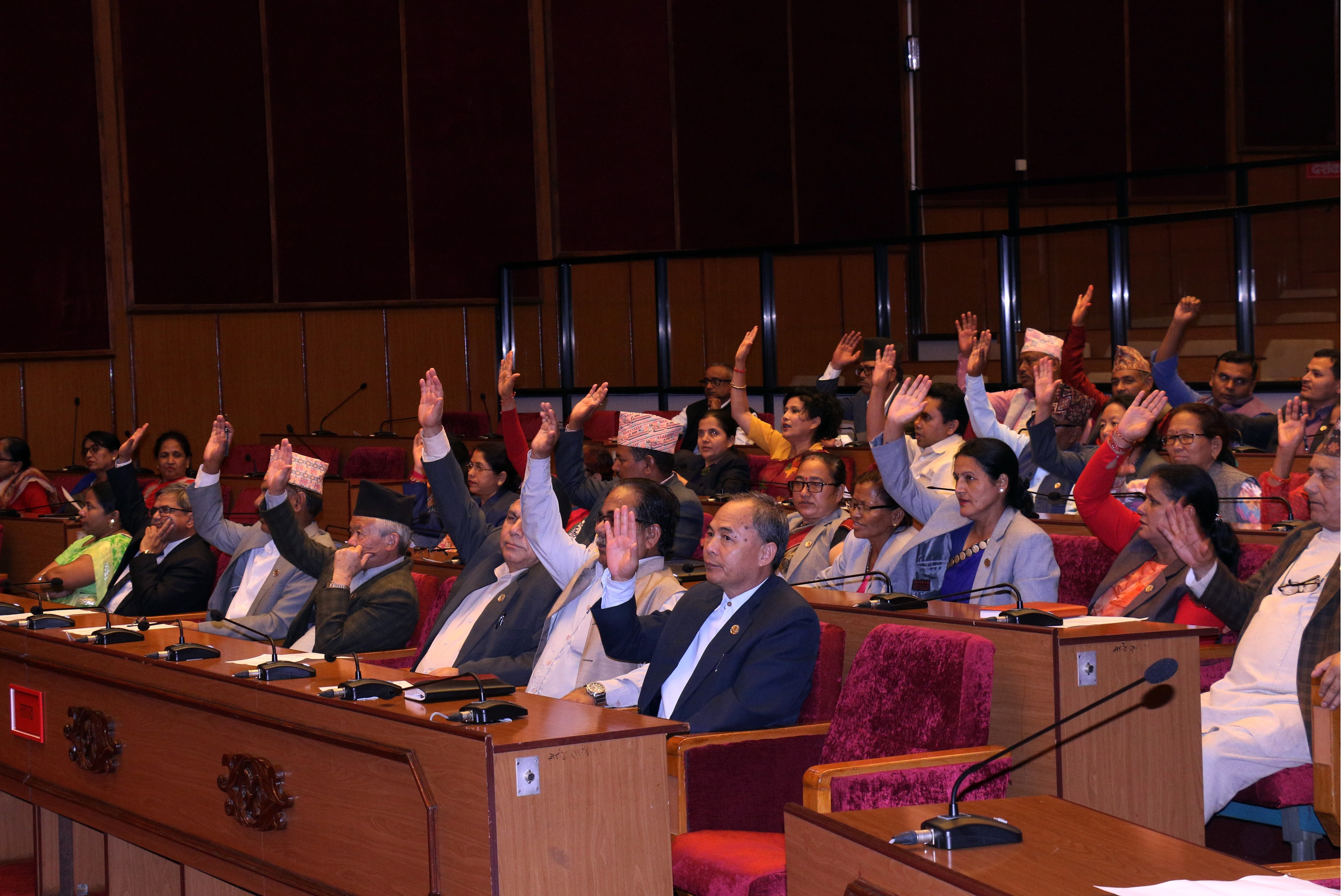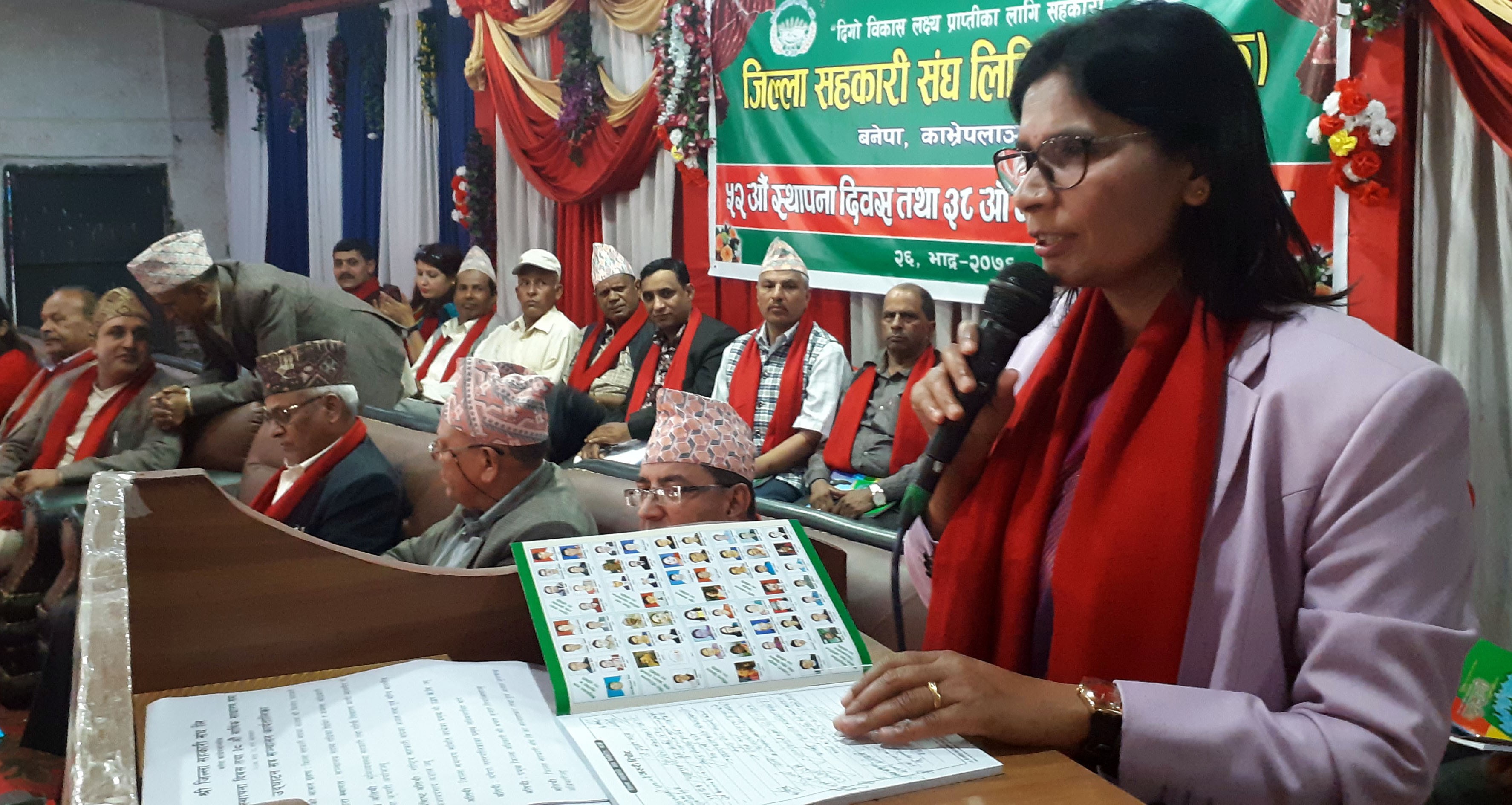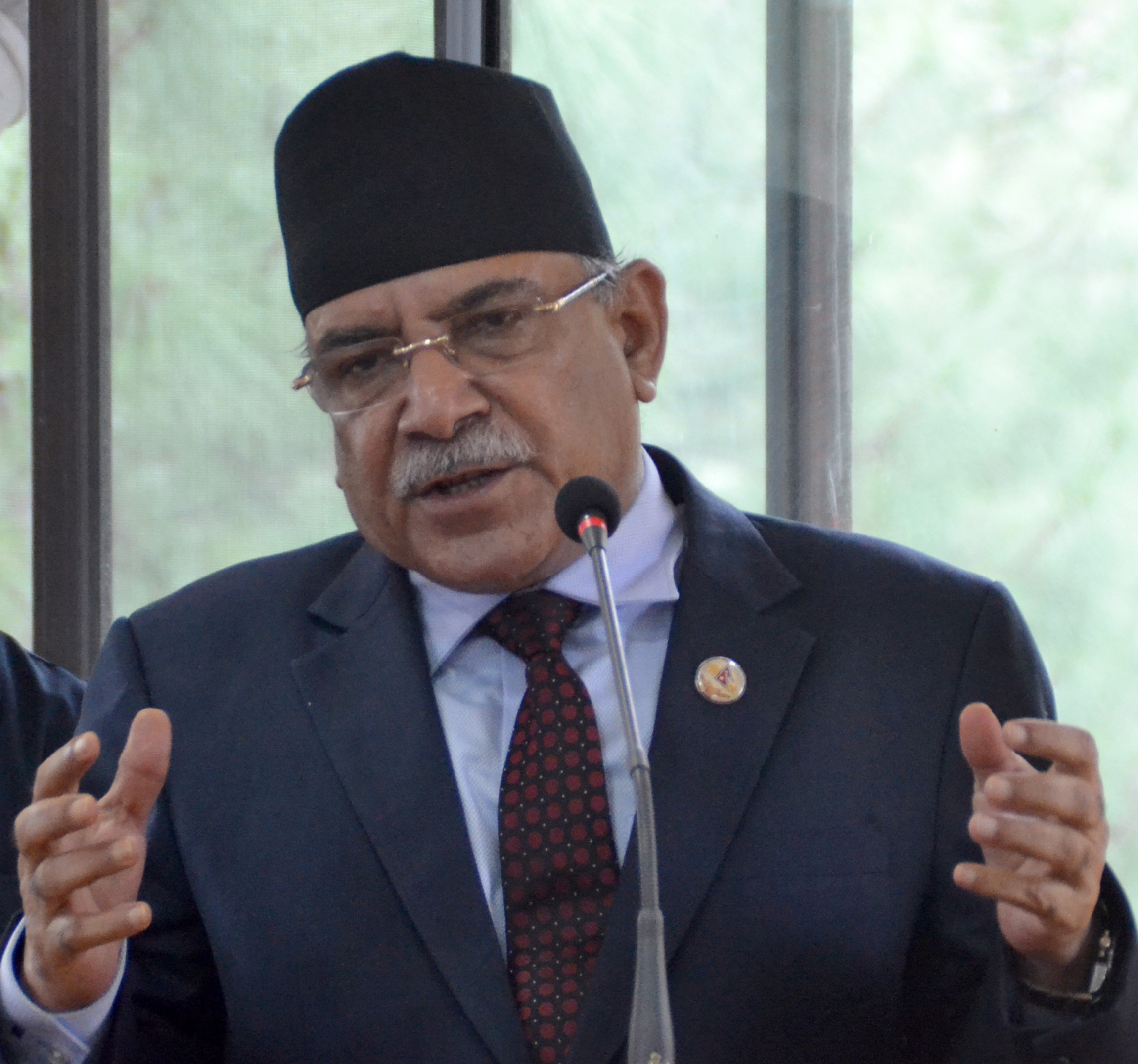David wanted health for all, but also a new world order
/88.JPG)
Madhusudan Subedi
Professor David Sanders passed away on 30th August 2019 whilst on holiday in Wales, UK. He had a heart attack after a fishing trip, one of his favorite and relaxing hobbies. A fierce critic of the impact of neo-liberalism on people’s health, David was an internationally acclaimed researcher, academic and mentor, and also a leader of social movements, including the People's Health Movement. He advocated human and health rights, and was a voice for the voiceless. He was always concerned about the influx of processed foods from the west, which have negative effects not only on the economy of developing countries, but also on the health of poor people.
In this tribute, I put together information from published documents, web pages, and personal interactions with David, a beloved colleague, friend, mentor and activist, who had visited Patan Academy of Health Sciences (PAHS), Nepal.
Bio brief
David was born in South Africa in 1945. He grew up in Zimbabwe and qualified as a medical doctor. During the 1970s, he lived in the UK, where he specialised in pediatrics and public health. During his time in the UK, David was actively involved in the liberation movements. He returned to newly independent Zimbabwe in 1980, and worked at the University of Zimbabwe’s Medical School. There he established the first rural placement for medical students. He also helped the government to initiate a rural health programme with a focus on household-level health promotion and prevention by community health workers. In the early 1990s, David returned to South Africa to work at the University of KwaZulu-Natal. From there, he moved to Cape Town to establish the Public Health Program at the University of Western Cape in 1993, and became its founding director. He led the school until 2009. During his years there, he developed a world-renowned distance learning Masters in Public Health that graduated students from all over Africa.
David had over 40 years of experience in health policy and programme development in Zimbabwe and South Africa, and worked extensively with governments, World Health Organization (WHO), United Nations International Children’s Emergency Fund (UNICEF), and other agencies in child health, nutrition, and health human resources. David had extensive experience within primary health care, child health and nutrition, and human resources for health as part of health systems development. He was active in various civil society organisations that promoted social justice and Health for All.
From Alma Ata to Astana
The historic 1978 Alma Ata Conference stated that primary health care (PHC) was the best means to achieve health for all by the year 2000. The principles of PHC included universal access and equitable coverage; comprehensive care emphasising disease prevention and health promotion; community and individual participation in health policy, planning, and provision; inter-sector action on health determinants; and appropriate technology and cost-effective use of available resources. These principles should form the basis for health care throughout the health system focusing primarily on maternal and child health, communicable diseases, and local social and environmental issues. PHC emphasised community participation through a network of workers who would be trained both socially and technically.
David had a clear vision regarding primary health care. He shared his view with Nepali public health professionals regarding 'primary health care' and 'primary care'. Primary care is largely clinical, having to do with behaviour of health service professionals and their interaction with people, and, increasingly, with particular groups they provide services for.
During the 40th anniversary celebration of Primary Health Care (PHC) in 2018 at Astana, references were repeatedly made to “quality PHC”, and that primary care meant care at the first level of contact with the formal health sector. David represented PHM and made a presentation in a session and re-affirmed commitment to PHC in pursuit of health and well-being for all, aiming to achieve equity in health outcomes.
David was highly concerned on medical care services, and the expansion of insurance coverage that had displaced public health and the social determination of health. Although the Declaration of Astana invokes PHC frequently, it gives scant attention to the drivers of ill health and inequity. The Declaration of Astana, however, avoided the challenge of what needs to happen from within the health sector to mitigate inequality: Inter-sector action at local and policy levels, and strong advocacy from the health constituency to reverse the processes leading to unsustainable inequalities and planetary destruction. Instead, Astana calls for “partnership” with the private sector, notwithstanding the mounting evidence of the commercial determinants of poor health such as alcohol, tobacco, ultra-processed foods, and industrial and automobile pollution. National public authorities’ call for “private sector regulation” to manage conflicts of interest fails to recognise that such authorities, especially in LMICs, are often unable or unwilling to regulate the private sector. The power of transnational corporations transcends national boundaries and requires strong and decisive action both by global civil society and international institutions.
Making research matter
David was throughout his life engaged in in-depth constructive research. His activism was research based, and he guided and inspired a number of students and public health professionals. He always challenged established notions and pushed everyone towards a critical way of thinking. In his book Struggle for Health, he wrote that the success of applying medical technology to the benefit of society critically depends on the political context in which it is applied. He aimed to minimise the barrier between academia and activism. He always advocated that research should focus on global, national and local health factors. He emphasised that the civil society organisations (CSOs) can play an important role by influencing, generating or using such research. He meant that any health research about individuals’ or groups’ everyday lives should provide a civil society perspective. Also, equal relationships between researchers and community members could increase the relevance of research to CSOs.
David said that health research must prioritise some key issues. First, examine the cause of the increasingly unequal burden of poor health between and within countries. Second, implementation should focus on individual service provisions, community governance models, detailed case studies of comprehensive primary health care and population-based studies of factors influencing the success of interventions, and to measure their impacts. Third, identifying strategies for social change by analysing what forms of social mobilisation – local, national and global – are best able to effect policy changes for improving health systems.
David had given to producing evidence of the negative aspects of globalisation and its effects, and of the positive health impact of equitable health policies. In this way, David used to argue, we can contribute to the achievement of the laudable but receding goal of responsible and responsive local and global governance and thereby address the determinants of health. David was worried about the lack of equity in funding research into these issues.
Conclusion
Our most significant gift to David would be to carry on the fight for the right to health for all, to continually share stories when health is denied to populations and to continue to fight for the implementation of the Alma Ata principles through increasing equity and voice through an inter-sector approach. David passionately wanted health for all, but also a new world order, based not on capital accumulation but rather on compassion, equality, mutual aid, and social justice. Gratitude to David flows partly from that legacy. One of the most beautiful tributes to David would be to read and re-read his academic contributions, understand and adopt his approaches in public health reform in Nepal and around the world. Long live David Sanders!
(The author is Professor, Patan Academy of Health Sciences, Lalitpur)
Recent News

Do not make expressions casting dout on election: EC
14 Apr, 2022
CM Bhatta says may New Year 2079 BS inspire positive thinking
14 Apr, 2022
Three new cases, 44 recoveries in 24 hours
14 Apr, 2022
689 climbers of 84 teams so far acquire permits for climbing various peaks this spring season
14 Apr, 2022
How the rising cost of living crisis is impacting Nepal
14 Apr, 2022
US military confirms an interstellar meteor collided with Earth
14 Apr, 2022
Valneva Covid vaccine approved for use in UK
14 Apr, 2022
Chair Prachanda highlights need of unity among Maoist, Communist forces
14 Apr, 2022
Ranbir Kapoor and Alia Bhatt: Bollywood toasts star couple on wedding
14 Apr, 2022
President Bhandari confers decorations (Photo Feature)
14 Apr, 2022
